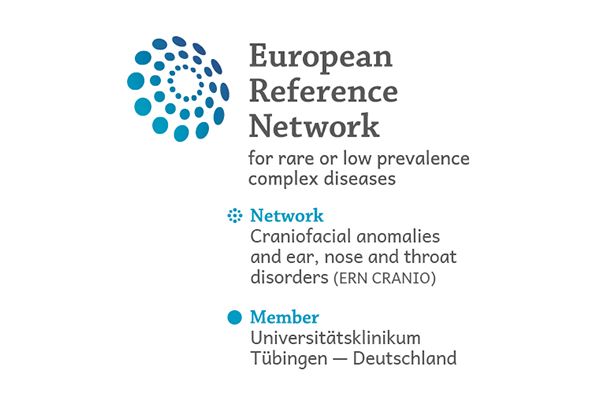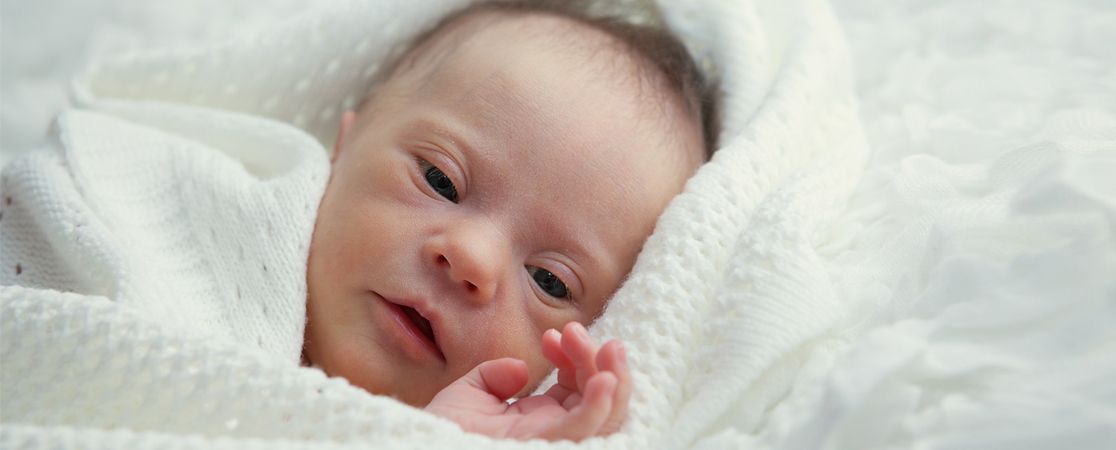When families should contact us
Affected families can contact our center at any time with questions or concerns, regardless of the child's age. The treatment of infantile facial malformations is particularly promising if it begins in the first days after birth.
What patients can expect at our center
After birth, children are initially cared for in the Department of Neonatology at the Children's Hospital. Here, the growth-accompanying therapy by orthodontics already begins. For most malformations, this includes a treatment with a palatal plate. Depending on the malformation, other special disciplines such as oral and maxillofacial surgery and pediatric neurosurgery are already involved in neonatology. If necessary, the children are also supported by specialists from the fields of ear, nose and throat medicine, ophthalmology and human genetics at the University Hospital of Tübingen.
We fully integrate the parents into the treatment so that they can continue the therapy with their child at home. This includes the independent change of palatal plates, instructions for feeding the children as well as early functional therapy procedures. Continued care for those affected is ensured through our interdisciplinary collaboration at the center into adulthood.
We know that the psychological burden on the affected parents is great. That is why our psychosocial service is available to parents with advice and support - even after discharge from the hospital.





















